When it comes to being active and eating properly, we are all aware of the significance of making good selections. However, have you ever given any thought to the products you apply to your body? Choosing safe cosmetics is a crucial choice you can make for your health because up to 60% of what you put on your skin enters your system.
The term “clean beauty” describes cosmetics free of artificial chemicals and elements that may irritate or harm the skin, including parabens, phthalates, oxybenzone, and synthetic perfumes.
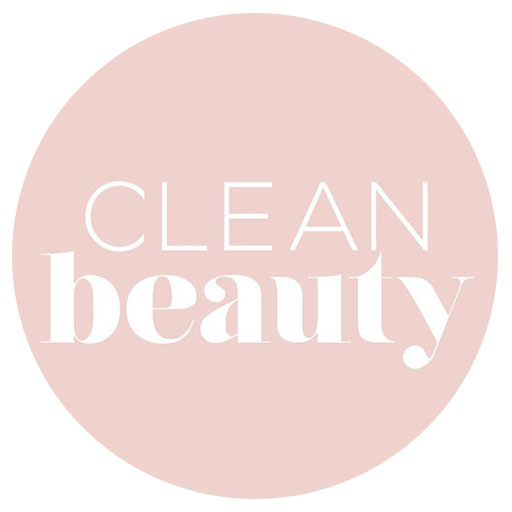
In addition to having beautiful smells, textures, and experiences, clean-beauty products also have nutritious, nourishing components and perform exceptionally well.
Other terms like organic, green, cruelty-free, or natural could also be used to describe the clean beauty trend. Many clean beauty products market these catchphrases, even though some may not. We want to deconstruct them for you:
Organic:
Organic strictly refers to products farmed without the use of pesticides, synthetic fertilizers, or any other artificial element. Organic is the most strictly regulated phrase out of all of them.
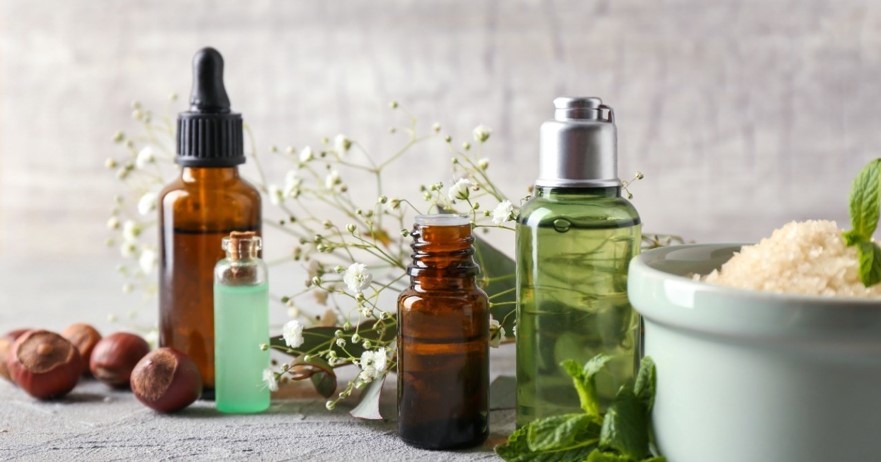
“A product must be at least 95% synthetic-free ingredients to be termed organic.” Under the provisions of the Fair Packaging and Labeling Act and the Federal Food, Drug, and Cosmetic Act, the FDA strictly regulates the use of the term “organic.” Any USDA-certified organic beauty product must be certified by an approved agent, indicating that the components were grown, handled, and packed in accordance with the necessary regulations.
Cruelty-free:
Many progressive beauty firms are pressuring consumers to be good to animals in the same way that clean beauty has pushed people to be kind to their own skin.
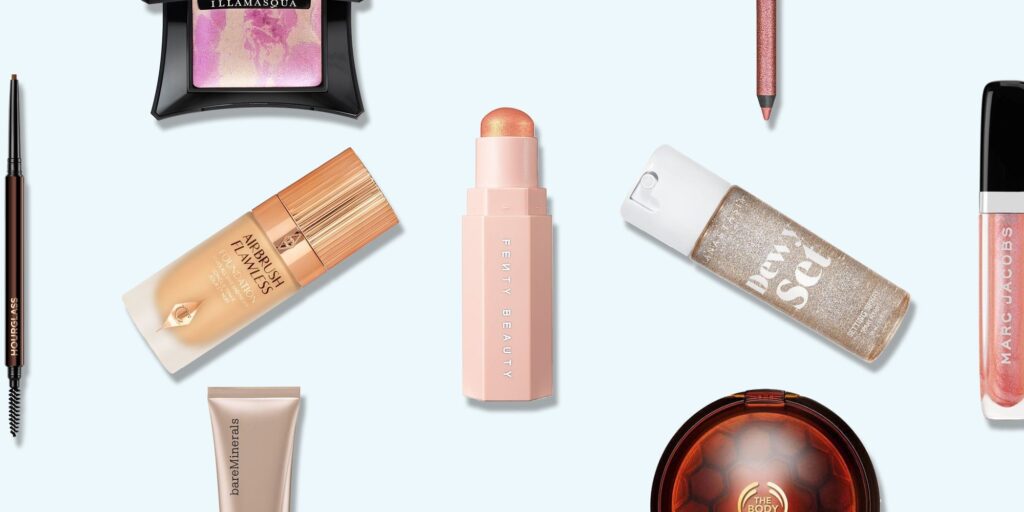
Animal experimentation in the cosmetics sector has a very long history. Fortunately, that is steadily but gradually changing. More and more products are available that are cruelty-free. A company or product must not subject animals to testing at any stage of production, nor may it employ components obtained at the expense of the wellbeing of the animal, to be labeled cruelty-free.
Green:
This phrase frequently appears in conjunction with “clean beauty,” and we welcome it. Because being “green” denotes that a product has no negative environmental impact. All aspects of the product, including its production, contents, packaging, and use, must not harm the environment. This is a fantastic step toward environmentally friendly, sustainable beauty that benefits both people and the world.
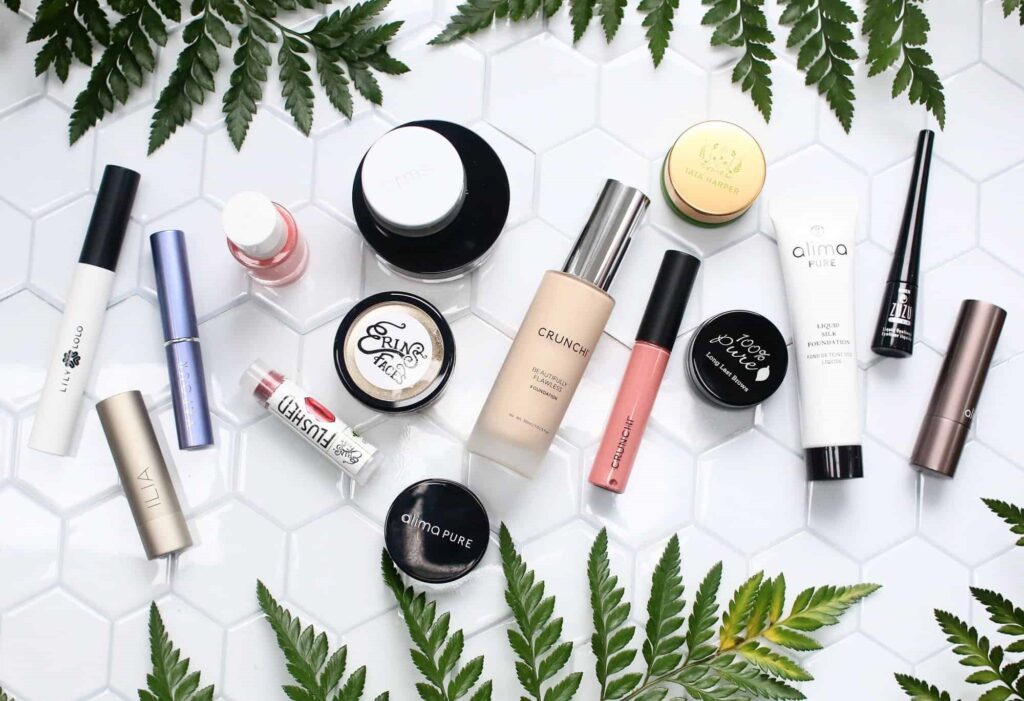
Natural:
This buzzword is possibly the most deceptive of all of them.
Essential oils are frequently referred to as natural components on product labels. Because their impact on your skin and health can radically change depending on their concentration, essential oils can be tricky to use in cosmetic products.
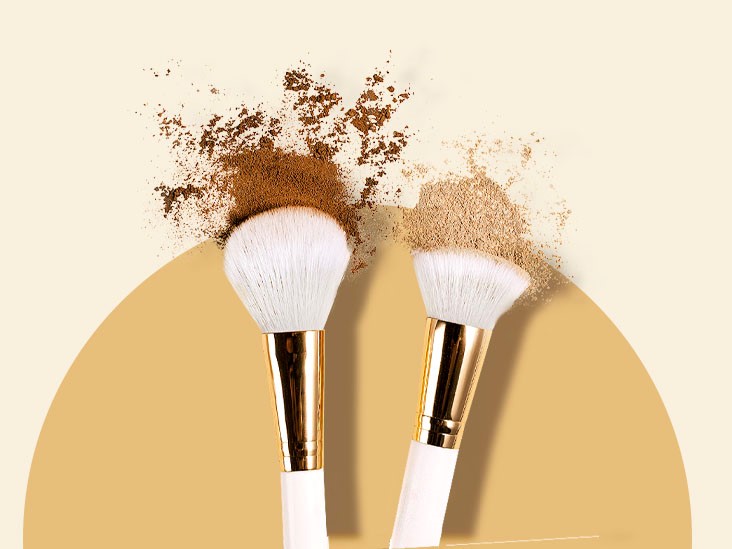
Essentially, essential oils are very potent plant chemicals. They can drastically damage your skin’s protective barrier if they are not properly designed. Essential oils used in commercial items frequently undergo some level of regulation.
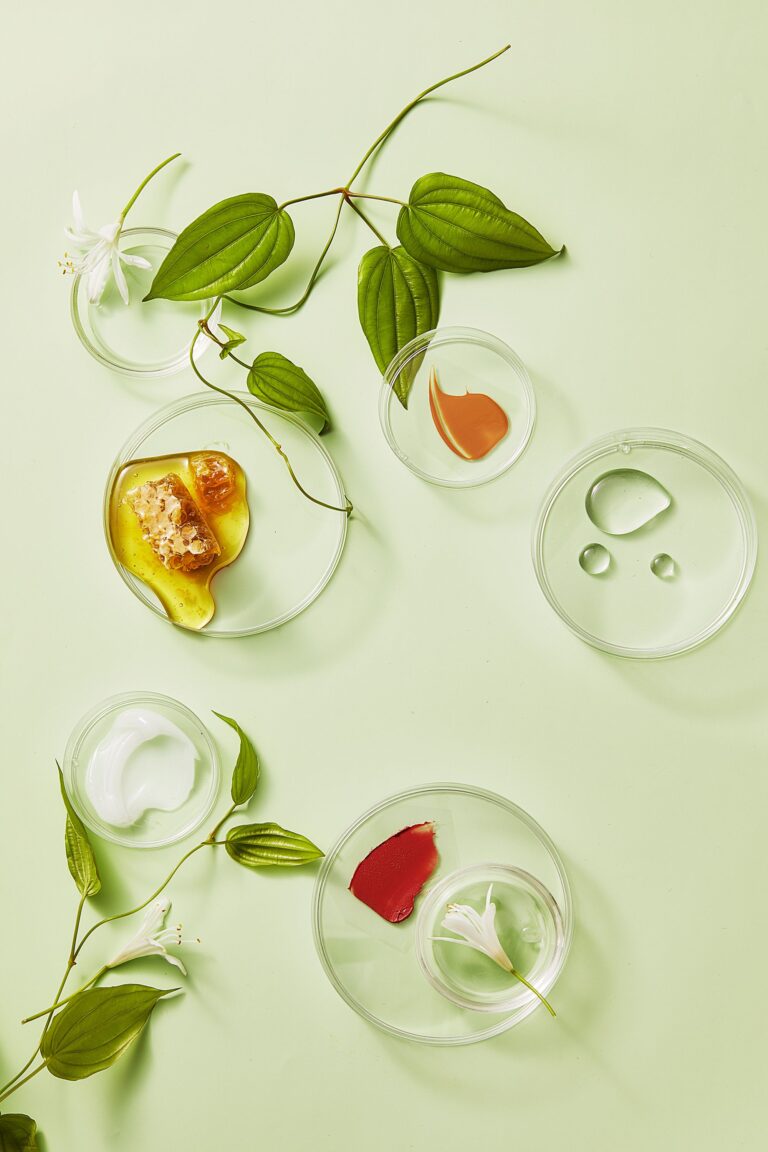
Comments are closed.